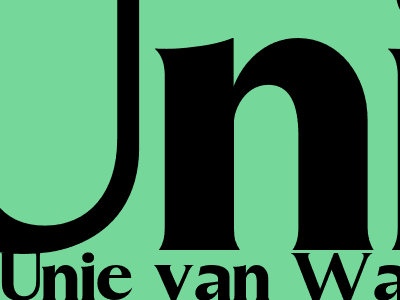
Unie van Waterschappen demands tougher PFAS pollution action from Minister Madlener
Industry must be held accountable for contamination, says water board association
Unie van Waterschappen, the association of Dutch water boards, has written to Minister of Infrastructure and Water Management Mark Harbers calling for tougher action on PFAS pollution.
In a letter dated 10 February, the association expresses its concern about the widespread contamination of soil and water by PFAS, a group of man-made chemicals that have been linked to a range of health problems, including cancer, birth defects, and immune system disorders. PFAS are used in a wide range of products, including non-stick cookware, waterproof clothing, and fire-fighting foam.
The association says that the government has not done enough to address the PFAS problem, and that the industry responsible for the pollution should be held accountable. It calls for a number of measures, including:
- A ban on the use of PFAS in non-essential products
- Mandatory clean-up of contaminated sites
- Financial compensation for victims of PFAS pollution
The association says that it is "deeply concerned" about the health risks posed by PFAS pollution, and that the government must take urgent action to protect the public.
The letter comes after a number of recent reports about PFAS contamination in the Netherlands. In December, it was revealed that drinking water in the town of Dordrecht was contaminated with PFAS, and that the contamination may have been going on for years.
In January, it was reported that PFAS had been found in the blood of residents of the city of Groningen. The contamination is thought to have come from a nearby industrial site.
The government has said that it is taking the PFAS problem seriously, and that it is working on a number of measures to address the issue, including a ban on the use of PFAS in non-essential products.
However, the Unie van Waterschappen says that the government's response has been too slow, and that more needs to be done to protect the public from PFAS pollution.